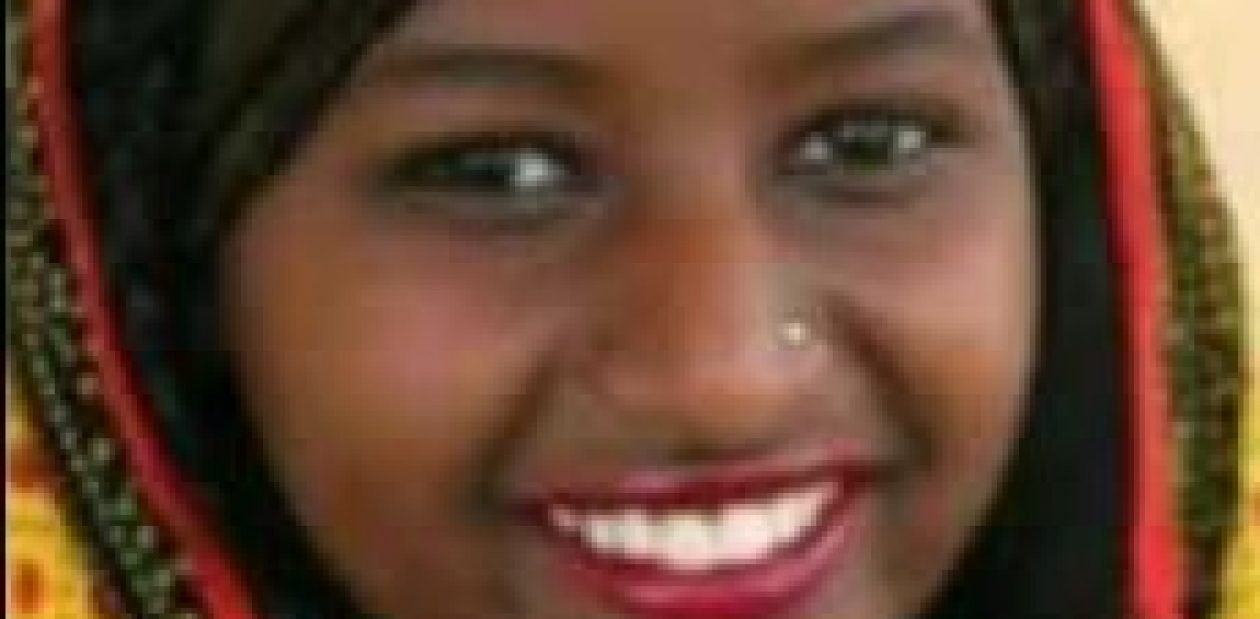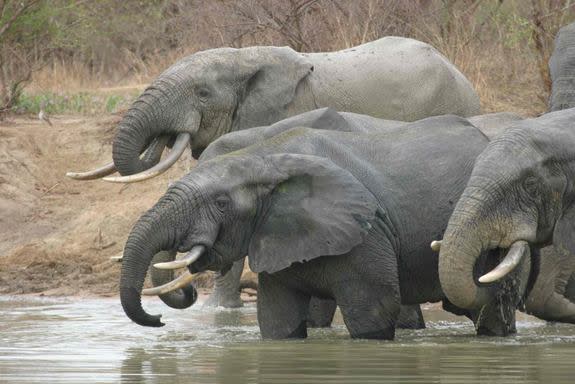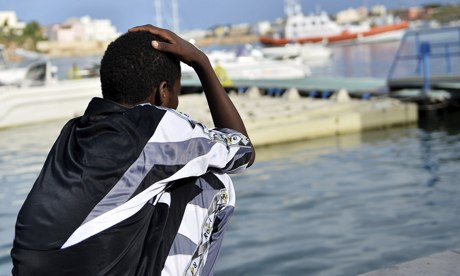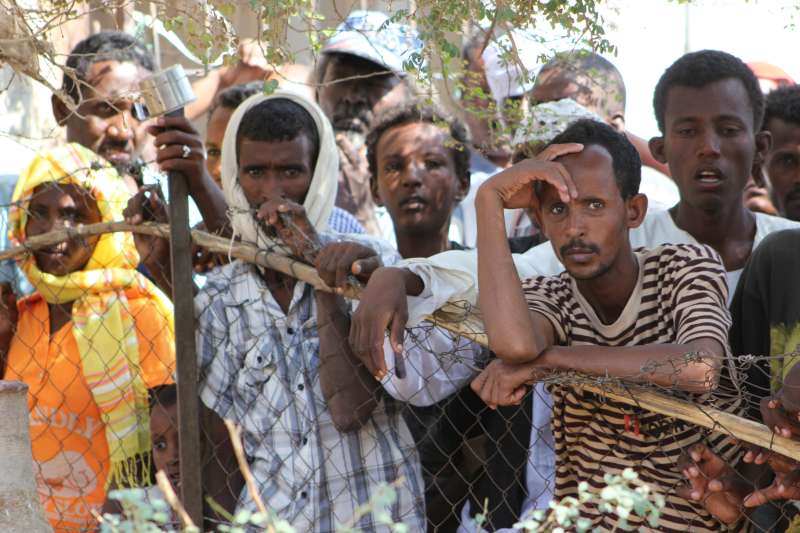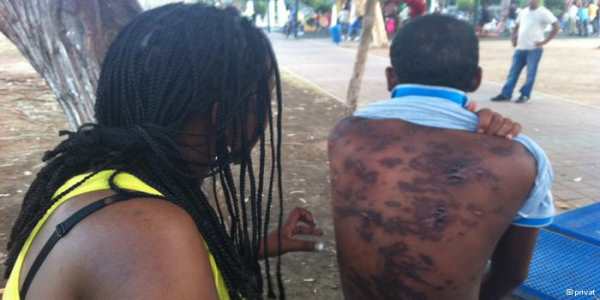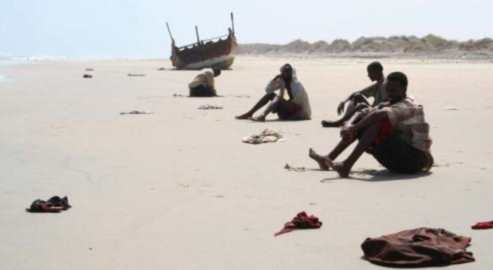Eritrea is classified as a least developed country. In 2006 access to water supply was estimated at 60% of the population, with the rural coverage of an estimated 38%.

Furthermore, improving the quality and sustainable management of water resources in the country hampered by environmental degradation and erratic rainfall is still a challenge. Eritrea one of the lowest sanitation coverage in the world and far from meeting the MDG sanitation target of 54% by 2015. This, combined with poor hygiene practices particularly in rural areas, creates a high incidence of water and sanitation related disease mostly prevalent among children. Based on the above context the government of Eritrea has regard development efforts towards water supply and sanitation at highest priority to which all humanitarian and development partners are encouraged to support.
In early 2012, the Eritrean Government issued a directive to all non-state development partners operating in Eritrea, to cease operating by end of 2012. Consequently Humanitarian agencies in Eritrea closed their offices during the first half of 2012. The Red Crescent Society of Eritrea (RCSE) was then informed and allowed to operate in country although prohibited to receive any foreign aid but could pledge funds through the Government’s annual budgetary allocation. At the same time the RCSE was informed to only focus on disaster management related activities rather than development programs. In view of this development, all external support to RCSE ceased. In the second half of 2012, however, new development emerged and the Government agreed to revive its long term partnership with UN and EU and thereby reversing the initial directive. Consequently the RCSE started to engage with the Government to clarify its role amidst the latest developments.
During this process, the IFRC maintained its presence in order to support the NS management and other capacities and support its formal recognition by the Government through visits by the IFRC Regional Delegation. Just before the early 2012 directive by the Government, IFRC, after a rapid assessment in Eritrea, had applied for an Africa, the Caribbean and the Pacific (ACP – EU) Water facility project for Eritrea, focusing on sanitation. During a visit to Asmara by the IFRC Regional Representative an assurance from the RCSE was given to go ahead with the project from 2013. IFRC has not got any official confirmation from RCSE on the results of the dialogue between the NS and the Government, However, the IFRC has, lately, been informed through the EU Representative in Asmara that the Government has given a green light for the implementation of the project. In the last quarter of 2013, the IFRC revitalized its office in Asmara and based a Representative there to actively restart the support to the NS.
